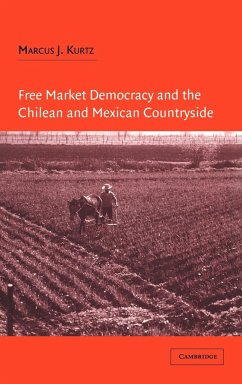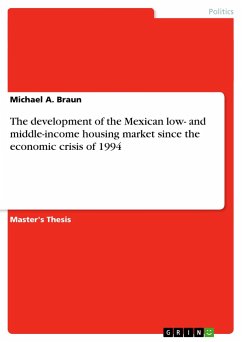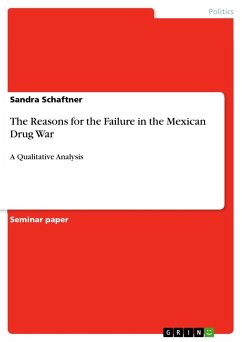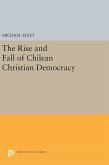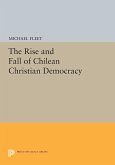This book examines the relationship between free markets and democracy.
This book examines the relationship between free markets and democracy. It demonstrates how the implementation of even very painful free-market economic reforms in Chile and Mexico have helped to consolidate democratic politics without engendering a backlash against either reform or democratization. This national-level compatibility between free markets and democracy, however, is founded on their rural incompatibility. In the countryside, free-market reforms socially isolate peasants to such a degree that they become unable to organize independently, and are vulnerable to the pressures of local economic elites. This helps to create an electoral coalition behind free-market reforms that is critically based in some of the market's biggest victims: the peasantry. The book concludes that the comparatively stable free-market democracy in Latin America hinges critically on its defects in the countryside; conservative, free-market elites may consent to open politics only if they have a rural electoral redoubt.
Table of content:
Acknowledgements; Part I. The Framework and Theoretical Argument: 1. Posing the right questions; 2. The sectoral foundations of free market democracy; Part II. The Cases: 3. Neoliberalism and the transformation of rural society in Chile; 4. Social capital, organization, political participation and democratic competition in Chile; 5. The consolidation of free market democracy and Chilean electoral competition, 1988-2000; 6. Markets and democratization in Mexico: rural politics between Corporatism and Neoliberalism; Part III. Conclusions and Implications: 7. Political competitiveness, organized interests, and the democratic market; References; Index.
Hinweis: Dieser Artikel kann nur an eine deutsche Lieferadresse ausgeliefert werden.
This book examines the relationship between free markets and democracy. It demonstrates how the implementation of even very painful free-market economic reforms in Chile and Mexico have helped to consolidate democratic politics without engendering a backlash against either reform or democratization. This national-level compatibility between free markets and democracy, however, is founded on their rural incompatibility. In the countryside, free-market reforms socially isolate peasants to such a degree that they become unable to organize independently, and are vulnerable to the pressures of local economic elites. This helps to create an electoral coalition behind free-market reforms that is critically based in some of the market's biggest victims: the peasantry. The book concludes that the comparatively stable free-market democracy in Latin America hinges critically on its defects in the countryside; conservative, free-market elites may consent to open politics only if they have a rural electoral redoubt.
Table of content:
Acknowledgements; Part I. The Framework and Theoretical Argument: 1. Posing the right questions; 2. The sectoral foundations of free market democracy; Part II. The Cases: 3. Neoliberalism and the transformation of rural society in Chile; 4. Social capital, organization, political participation and democratic competition in Chile; 5. The consolidation of free market democracy and Chilean electoral competition, 1988-2000; 6. Markets and democratization in Mexico: rural politics between Corporatism and Neoliberalism; Part III. Conclusions and Implications: 7. Political competitiveness, organized interests, and the democratic market; References; Index.
Hinweis: Dieser Artikel kann nur an eine deutsche Lieferadresse ausgeliefert werden.

